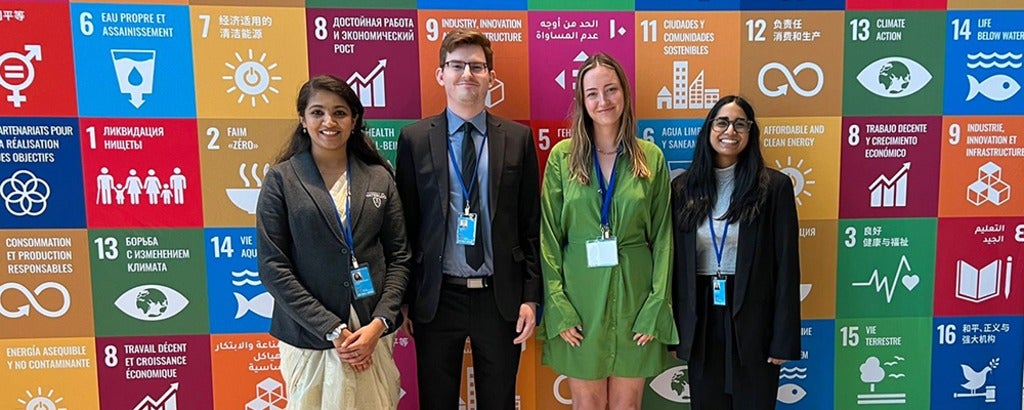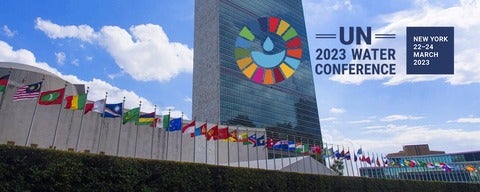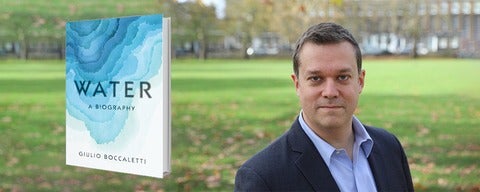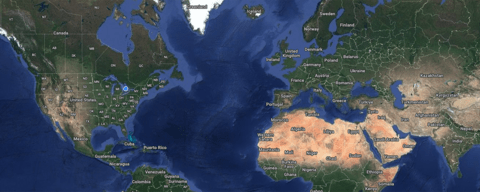Unpacked: Reflections from our UN Water Conference delegation
From March 22–24, the United Nations hosted the 2023 Water Conference at UN Headquarters in New York City, the first UN Water Conference in nearly 50 years. Thousands of participants travelled from across the globe to discuss progress and make new commitments towards achieving Sustainable Development Goal (SDG) 6 – Ensure access to water and sanitation for all. Having received special accreditation from the UN General Assembly, the Water Institute supported the participation of four University of Waterloo Ph.D. students to participate in the conference. The following are their reflections on key outcomes of the conference:








